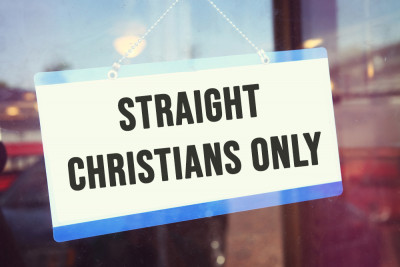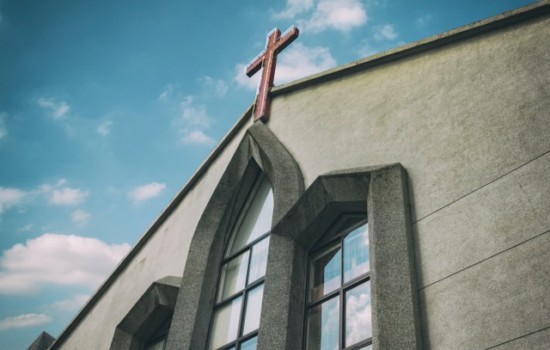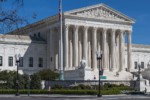Religious Freedom Restoration Act
Don’t let the title fool you. The Religious Freedom Restoration Act has done more to destroy individual religious freedom than nearly any other federal law.

In 1993, Congress passed the Religious Freedom Restoration Act (RFRA) in response to the Supreme Court’s ruling in the case of Employment Division v. Smith (1990). The original intent of the federal RFRA was to protect private citizens from potential government overreach. However well-intentioned RFRA may have once been, it has since become the legal justification for citizens, nonprofits, and business to use their religion as a license to discriminate and to secure a special exemption from the law.
In 2014, the Supreme Court handed down the Burwell v. Hobby Lobby Stores, Inc. decision, which significantly expanded the application of the federal RFRA. The Supreme Court ruled that RFRA’s protections applied to closely held for-profit corporations, meaning such businesses may be exempt from federal laws if the owners have a sincerely held religious objection. The Court ruled that under RFRA, the owners of Hobby Lobby could claim a religious exemption from a federal law requiring them to provide their employees with insurance coverage that included contraceptives. Nineteen of the original sponsors of the federal RFRA, including Senator Chuck Schumer, stated in a brief to the Court that, “Congress could not have anticipated, and did not intend, such a broad and unprecedented expansion of RFRA. Nor did Congress intend for courts to permit for-profit corporations and their shareholders to use RFRA to deny female employees access to health care benefits to which they are otherwise entitled.”
True religious freedom is about fairness and equality, not privilege and discrimination. The Secular Coalition for America believes that Congress should repeal or significantly reform the Religious Freedom Restoration Act of 1993 to ensure that the current law protects only the religious exercise rights of individuals.
State Level RFRAs
Since its passage, the Religious Freedom Restoration Act of 1993 has been the basis for nearly 20 state religious freedom bills, which have been broadly aimed at allowing for discrimination in public accommodations, such as restaurants, bakeries, and florists.
Among the most controversial state religious freedom laws is Indiana’s Religious Freedom Restoration Act, signed into law by then Governor Mike Pence, which allows individuals and companies to assert that their exercise of religion has been substantially burdened as a defense in legal proceedings. The bill was met with public protests against the policy and was condemned by national organizations including the National Collegiate Athletic Association (NCAA) and major businesses like Apple, Salesforce, and Angie’s List. The passage of Indiana’s RFRA sparked a national conversation about religious freedom and religious discrimination. A poll published by the Pew Research Center the same year as the bill’s passage found that 49% of Americans say businesses should not be allowed to refuse service for religious reasons while 47% believe they should.
In 2016, West Virginia lawmakers rejected a proposed Religious Freedom Protection Act. The bill contained language so broad that it would have not only permitted discrimination but would also allow anyone to break the law if it conflicted with their religious convictions. Additionally, the passage of this law would have jeopardized the health and safety of the state’s youth. West Virginia is one of three states that does not have a religious exemption from vaccination requirements for children and, had this bill become law, there is no doubt it would have created a massive loophole that would needlessly put children at risk.
The Secular Coalition for America urges state lawmakers to oppose RFRA and RFRA-style bills. In the 20 states where RFRAs have already been passed, lawmakers should work swiftly to repeal or amend these laws to ensure they cannot be used to permit discrimination or infringe on civil rights.
Related News

From the Intern Desk: Let’s Future-Proof the Johnson Amendment
In July of 2017, then-President Donald Trump sat down for an interview with Christian Broadcasting Network founder Pat Robertson, and bragged about one of his recent accomplishments: “I’ve gotten rid…

Heretic on the Hill: Phoning it in on Virtual Lobby Day
June 25, 2022
Heretic on the Hill: Defining Religious Freedom Down
April 16, 2022
Heretic on the Hill: Saying Please or Thank You
March 18, 2022
Heretic on the Hill: No tax-dollars for discrimination!
December 11, 2021
Heretic on the Hill: Post-Dinner Musings & Advocacy Updates
November 27, 2021Related Actions



